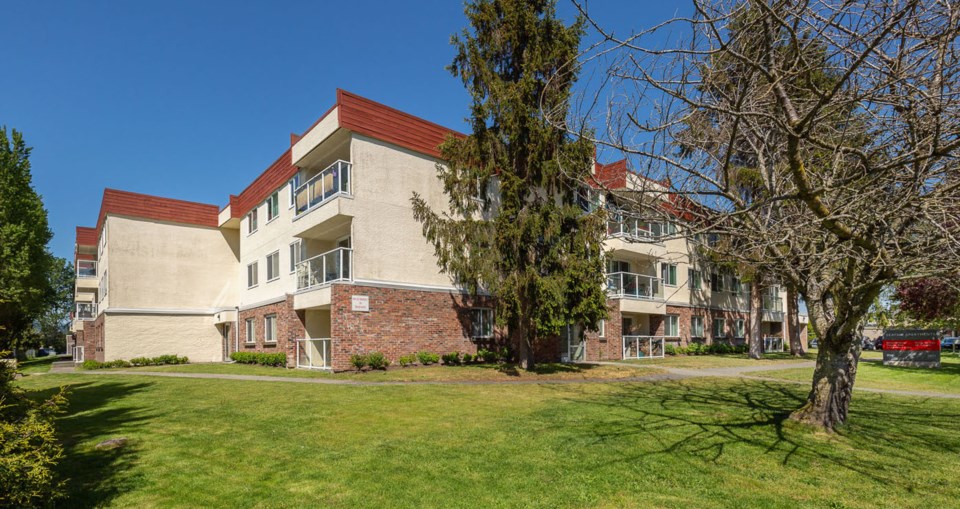Richmond, B.C., city council is considering imposing rental-only zoning on certain properties in the city.
But the plan has been criticized largely by business and development “stakeholders” who say it could devalue the 60 properties identified throughout Richmond for this rezoning by 30 per cent.
Provincial rule changes allow municipalities to rezone properties as only allowing rentals, and those listed by city staff are currently 100 per cent rentals, some privately owned, others owned by BC Housing or Metro Vancouver. There are also 17 housing co-operatives included on the list.
Currently, New Westminster is the only B.C. municipality with such zoning.
Richmond Council considered this rezoning about two years ago, but then asked staff to do more consultation after several people spoke against it at a council meeting.
Feedback on the plan, included in a report going to a council planning meeting, said it’s possible the value of the properties would go down, making it harder to secure financing, for example, for repairs and maintenance.
“Any loss of value should be equitably compensated,” was part of the feedback, not attributed to any particular stakeholder.
But John Roston with Richmond Rental Housing Advocacy Group, said developers who buy properties are gambling on city council rezoning them for condos.
“I hate to say it, but it’s basically about greed,” Roston said.
The city elicited feedback on the rezoning proposal from the Urban Development Institute (UDI), the Richmond Chamber of Commerce and developers – Dana Westermark of Oris Consulting and Chris Ho of Polygon.
Richmond already has a policy that each rental housing unit that is demolished has to be replaced with another unit.
In the feedback, it states this policy “effectively protects the existing rental housing sites in the City.”
However, comments on the city’s LetsTalkRichmond web page indicated almost two-third of the respondents supported rental-only zoning.
There is one project in Richmond’s City Centre being planned as a 100-per-cent rental building.
But McGregor Wark, vice-president of the development company, Headwater, said this project is unique and he doesn’t think it can be replicated anywhere in city centre.
The project at Lansdowne and No. 3 Road is being developed as a “legacy” project by the family that has owned the land for 30 years.
“The only reason this (5500 No. 3 Road) works is because the family has owned this land for 30 years,” Wark said. “If a developer was to come into Richmond today and buy a piece of land – even with all the incentive policies that have been provided by the City of Richmond – there’s absolutely no way anyone would be able to build a rental project in the City of Richmond.”
Wark said he largely agreed with the criticism of the proposed zoning changes, saying eroding the value of the land by designating it rental only means future projects can’t get financing because financing is dependent on the value of the land.
One driving cost is demands from the city, for example, development cost charges, which Wark said can amount to 25 per cent of the project costs, as well as parking requirements.
While parking was reduced in 5500 No. 3 Road project, further reductions would have allowed for 26 to 28 more units to be built, Wark explained.
There are now 149 units planned in the 15-storey building that will also have retail on the ground floor.
While the feedback from the stakeholders was in opposition to the rental-only zoning, city staff is still recommending council go ahead with approving this zoning bylaw covering the 60 Richmond rental properties.
Example of a Richmond property proposed for rental only is a multi-family rental at 3851 Francis Road in the Seafair area, built in 1969.The BC Assessmet (2022) value is $30,174,000. The land is valued at $22.4 million and the building is assessed at $7.75 million.



